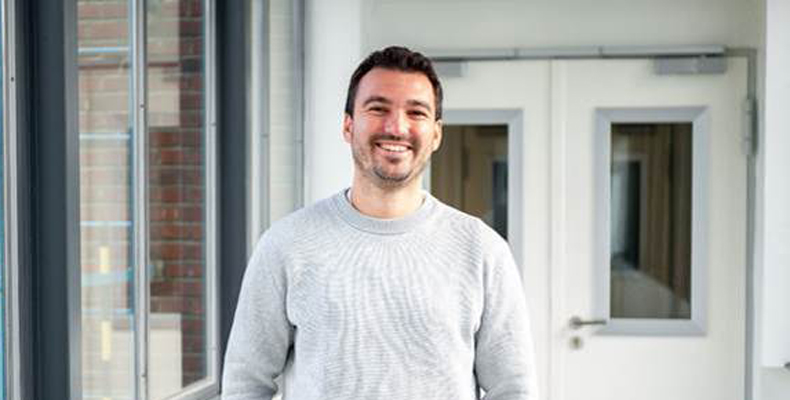Tim Schwarz awarded Walter Benjamin Grant to reseach magnesium alloys
by David Fleschen

Dr. Tim M. Schwarz, a postdoctoral researcher at the Max Planck Institute for Sustainable Materials, has been awarded the prestigious Walter Benjamin Grant by the German Research Foundation. The grant supports Dr. Schwarz’s independent research on the corrosion behavior of magnesium alloys, which are promising candidates for bioresorbable implants, and allows him to establish a new research group focused on “Interfacial processes/reactions at the atomic scale.”
The grant will enable Dr. Schwarz to expand his work using advanced microscopy techniques to investigate how magnesium alloys interact with their environment, particularly at the solid-liquid interface. “I’m honored to receive this grant, which validates years of effort in advancing atom probe tomography for studying interfacial processes at the atomic level,” said Dr. Schwarz. “This funding will allow me to address critical questions about the corrosion mechanisms of magnesium alloys, paving the way for improved bioresorbable implant materials.”
Magnesium alloys hold significant potential in biomedical applications due to their biocompatibility and biodegradability. Unlike titanium or steel implants, which require surgical removal, magnesium-based implants could naturally dissolve in the body. However, controlling their rapid and unpredictable corrosion remains a major challenge. Dr. Schwarz’s research will focus on using atom probe tomography to analyze frozen liquids and the interactions at the liquid-solid interface with near-atomic precision.
The project aims to answer key questions about the role of surrounding liquids, such as blood or electrolytes, in the corrosion process. It will also examine the formation of corrosion products and the segregation of elements at the interface, with a focus on how these factors influence material properties. Ultimately, the research seeks to inform the development of magnesium alloys with improved corrosion resistance and tailored properties for biomedical applications.
Dr. Schwarz brings significant expertise to the project, having received the Erwin Müller Outstanding Emerging Scientist Award during his doctoral studies, a top honor from the Field Emission Society. He developed innovative methods to study in-situ interfacial processes, which will now be applied to this new research. “Magnesium alloys are at the core of this project, offering a sustainable solution for bioimplants if their corrosion behavior can be better understood and managed,” Dr. Schwarz explained.
The Walter Benjamin Grant provides early-career researchers with funding to pursue independent projects for up to two years, including support for establishing a research group. Named after the German philosopher Walter Benjamin, the grant promotes intellectual and scientific exploration across a wide range of disciplines.
Source and Photo: Max Planck Institut für Nachhaltige Materialien

